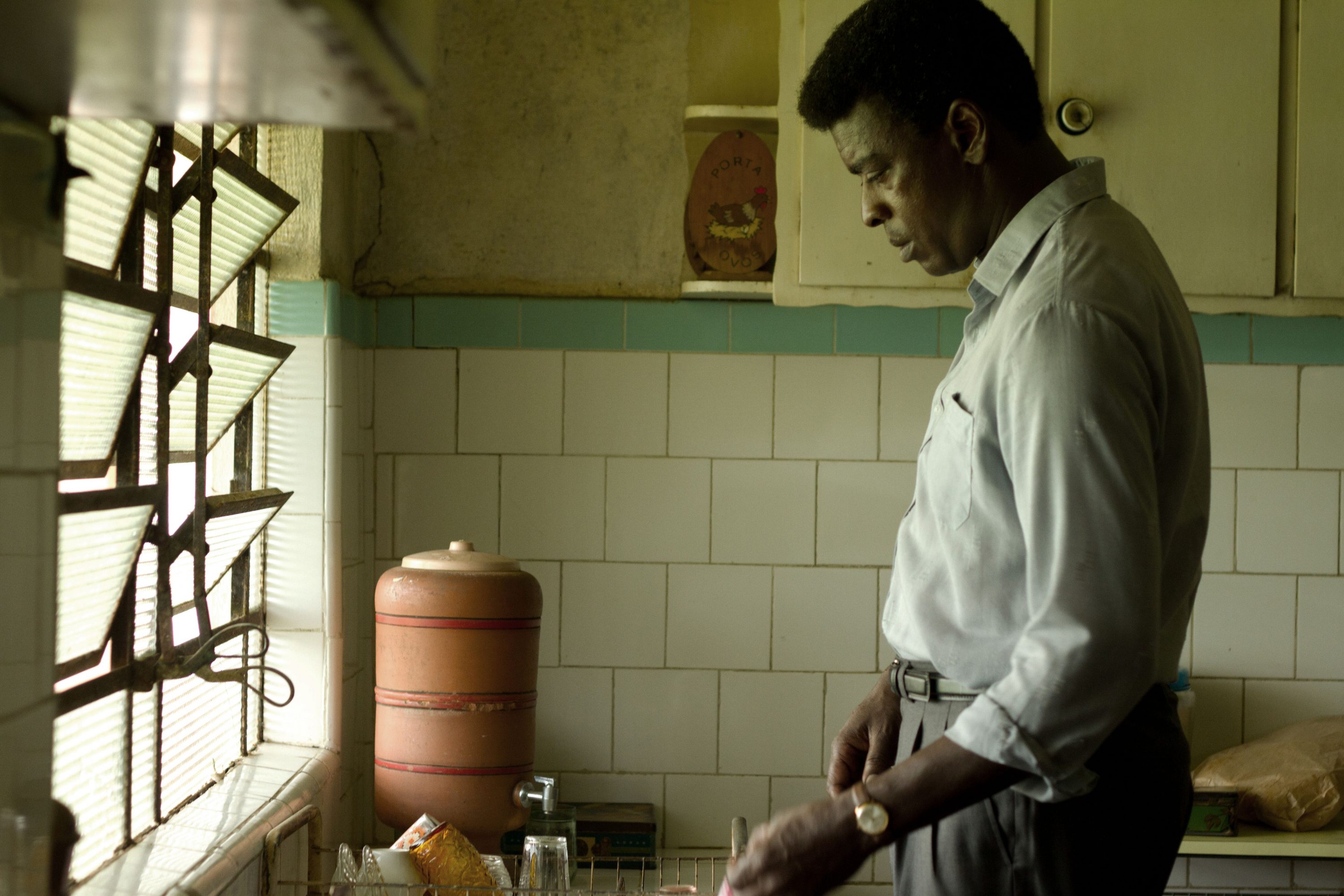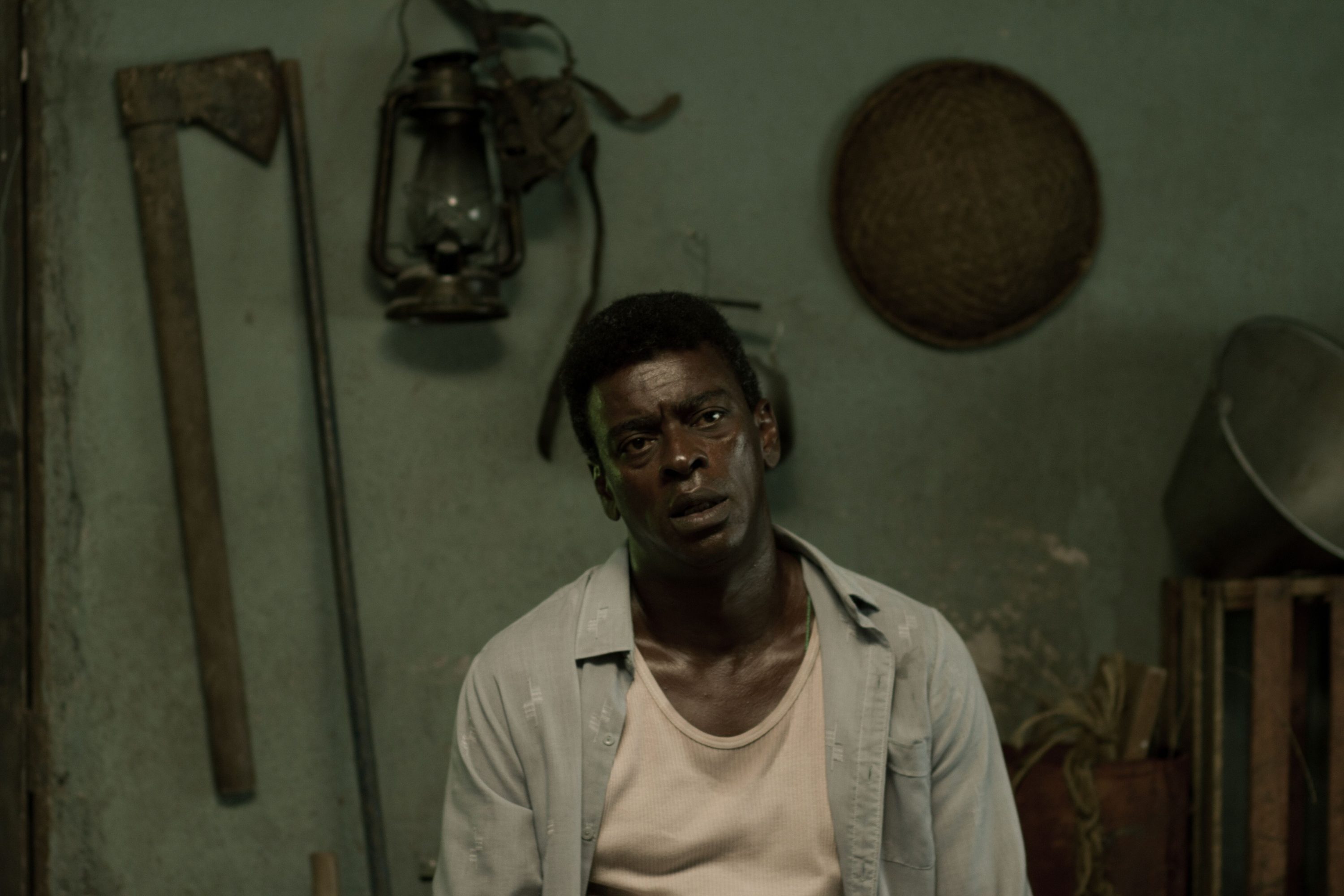When it comes to politically charged biopics, it’s virtually impossible to create a version of a narrative that will satisfy everyone’s interpretation of past events. Whether combing over Oliver Stone’s JFK or Nixon of the 1990s or last year’s Adam McKay satirical takedown of former VP Dick Cheney in Vice, a writer-director taking creative license on this kind of project can either be seen as an audacious and unique storyteller or a shameless revisionist of history.
In the United States, it’s been rare for a movie to anger one side of the political aisle so much that the outrage spreads across the country like wildfire. Political controversy, however, is more clear-cut when a movie influences the cultural climate in a place like Brazil. That’s exactly what the South American country is now facing with Marighella, a biopic based on the life of left-wing resistance fighter, Marxist and “Brazil’s No. 1 enemy” Carlos Marighella.
Adapted from the biography Marighella — O guerrilheiro que incendiou o mundo (Marighella — The Guerrilla Fighter That Lighted the World) by Mário Magalhães, the film tells the story of the title character and founder of the Ação Libertadora Nacional (National Liberation Action), Brazil’s communist guerrilla movement, which formed to fight against the country’s military dictatorship after it removed elected president João Goulart from office in 1964.

Taken at face value and with little knowledge of the Brazilian coup d’état and the revolution that followed, Marighella is a well-made, highly intense debut film by Brazilian co-writer-director Wagner Moura, who is best known to U.S. audiences for his portrayal of drug lord Pablo Escobar on the Netflix series Narcos. Dig deeper and viewers might understand why current, far-right Brazilian President Jair Bolsonaro spoke out against Moura’s movie when it debuted at the Berlin Film Festival earlier this year and why Brazilians are criticizing the casting of Afro-Brazilian actor Seu Jorge (City of God), who is dark skinned, in the lead role when Marighella himself was mixed race.
Although most of what Marighella did as the leader of the ALN is considered terrorism by many Brazilians, Moura and co-writer Felipe Braga (Cabeça a Prêmio) decided to cast him in a largely favorable light. The historical drama doesn’t hide from the fact that he believed in an eye-for-an-eye approach to eliminating fascism, so from a leftist perspective, much of what Marighella stood for in leading the rebellion was noble. But by referring to every step the ALN took as “revolutionary acts,” Marighella toes the line in hero worshipping.
Nevertheless, Moura and Braga’s script, which many Brazilians believe to be a strong rebuke of Bolsonaro and his administration, feels determined in its messaging. There is a lot to unpack in Marighella’s 155-minute runtime, but the pacing never lags and the overall production is impressive, especially since Moura and his team had difficulty locking down financing.

Like the 2010 miniseries Carlos, which starred Edgar Ramírez as Venezuelan revolutionary Ilich Ramírez Sánchez, Marighella is engaging and at times epic but less nuanced to consider it a total success. Still, with an impactful, dramatic, and occasionally funny performance by Jorge, Marighella is a man — whether seen as a martyr, antihero, or extremist — who warrants this type of cinematic attention on a universal scale.
Marighella screened at the Seattle International Film Festival.







